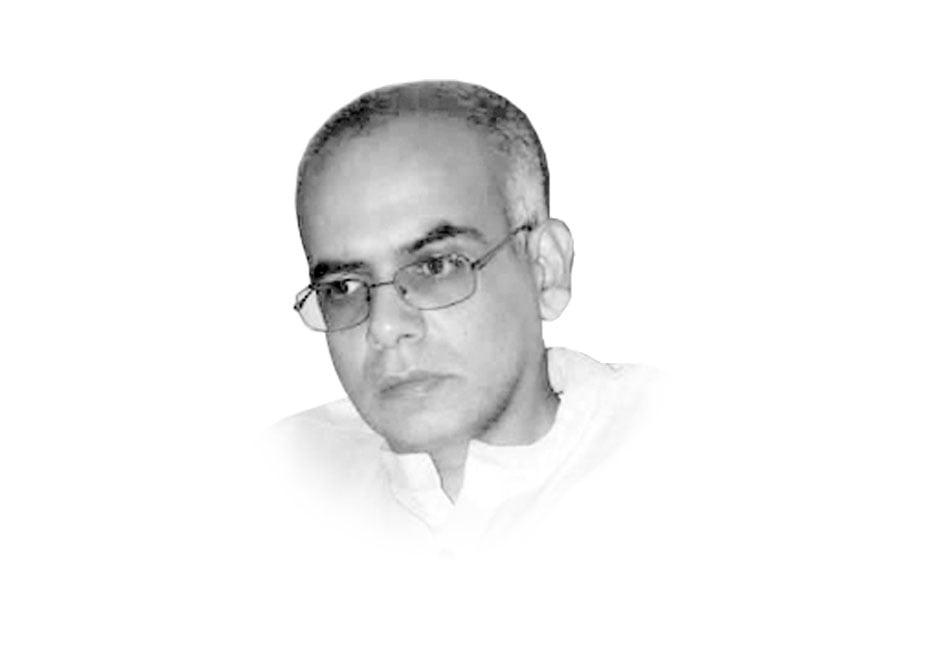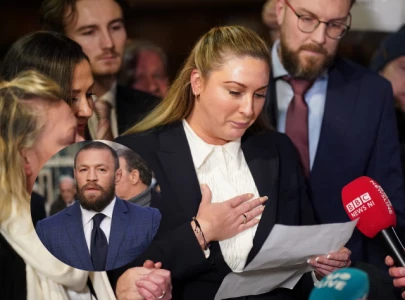
Besides using the plight of the Rohingya to gain more political mileage, the growing penetration of religious hardliners within the Bangladeshi polity has also led to increasing political intolerance, polarisation, communal violence and militancy in recent years.
Much has changed in Bangladesh since the time of its creation. The national evolution of Bangladesh, which subsequently led to the breakaway from the geographically bifurcated Pakistan, was largely attributable to a vernacular elite and middle class which spearheaded the creation of the Awami League and its democratic outlook towards nation-building.
The first major blow to democratic ideals came with the assassination of Mujibur Rehman in 1975, when Ziaur Rehman came to power and founded the Bangladesh Nationalist Party (BNP). The BNP began actively courting myopic religio-political groups to legitimise itself. While it was the BNP which initially used Islamic rhetoric to differentiate itself from the Awami League, the latter also followed suit. Both Awami League and the BNP have courted religio-political parties and groups, since the democratic era (1991) in a cyclical bid to assume power.
The influence of religio-political parties in the Bangladeshi politics is evident by the Hefazat-e-Islam putting forth its 13-point demand in 2013, which called for public segregation of the sexes and the need for exerting control over women’s attire. Since years, the Jamaat-e-Islami (JI) leadership had been trying to exert their influence over the judiciary by claiming that their fatwas should be paid heed to by the courts. In 2010, the Bangladesh Supreme Court, however, restored secularism as one of the basic tenets of the constitution. Moreover, the apex court decided to execute senior JI leaders as punishment for their role in supporting West Pakistan. This move did not only antagonise Islamic parties, but was also seen as an opportunity by the BNP to try and overthrow Sheikh Hasina.
Bangladeshi society has witnessed disturbing cases of intolerance and violence in the recent past, including the high-profile militant attack on a bakery in Dhaka this past year, the hacking to death of a blogger and several planned instances of violence against religious minorities, particularly Hindus. There is also a suspected growth of terrorist groups such as the home-grown Jamaatul Mujahideen Bangladesh as well as more menacing international outfits. Several security analysts, for instance, have claimed that al Qaeda may be recruiting radical JI members who want retribution from the Bangladeshi government. There have also since been reports of al Qaeda reportedly recruiting the Rohingyas from refugee camps in the southeast of the country.
Since Bangladesh is not a frontline state in the so-called war against terror, there is not much international pressure on it to address this problem. The Bangladeshi government, therefore, continues to underplay claims by the so-called Islamic State and al Qaeda that they are behind the growing acts of terrorist violence in the country. However, the stalemated political process in the country, where governments keep being shuffled between the Awami League and the BNP, is unfortunately contributing to increasing radicalisation and intolerance within the Bangladeshi society.
The frustration caused by a combination of poverty, corruption and the lack of good governance also provides a fecund ground for the propagation of increasingly myopic agendas. One hopes that a country which has seen so much tragedy since its less than half century of existence can overcome its troubling legacy of dynastic rule and the politically opportunistic use of the religion card, lest it also gets sucked into a growing spiral of internal militancy and terrorism.
Published in The Express Tribune, September 22nd, 2017.
Like Opinion & Editorial on Facebook, follow @ETOpEd on Twitter to receive all updates on all our daily pieces.












COMMENTS
Comments are moderated and generally will be posted if they are on-topic and not abusive.
For more information, please see our Comments FAQ